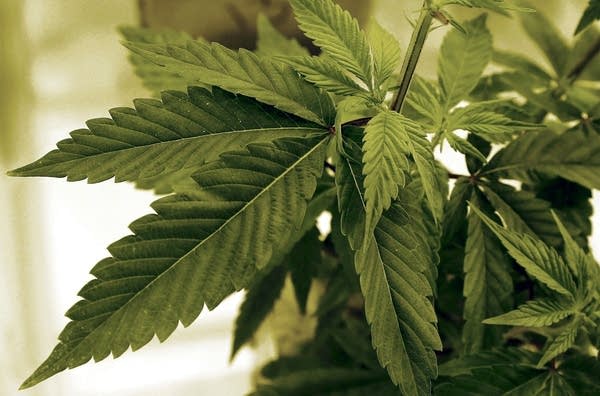Marijuana law modifications are on tap before legal sales take root

In this June 17, 2015 file photo, marijuana plants grow at LifeLine Labs in Cottage Grove, Minn. Minnesotans can legally possess and grow their own marijuana for recreational purposes starting Tuesday, Aug. 1, subject to limits meant to keep a lid on things while the state sets up a full-blown legal cannabis industry.
Jim Mone | AP
Go Deeper.
Create an account or log in to save stories.
Like this?
Thanks for liking this story! We have added it to a list of your favorite stories.


